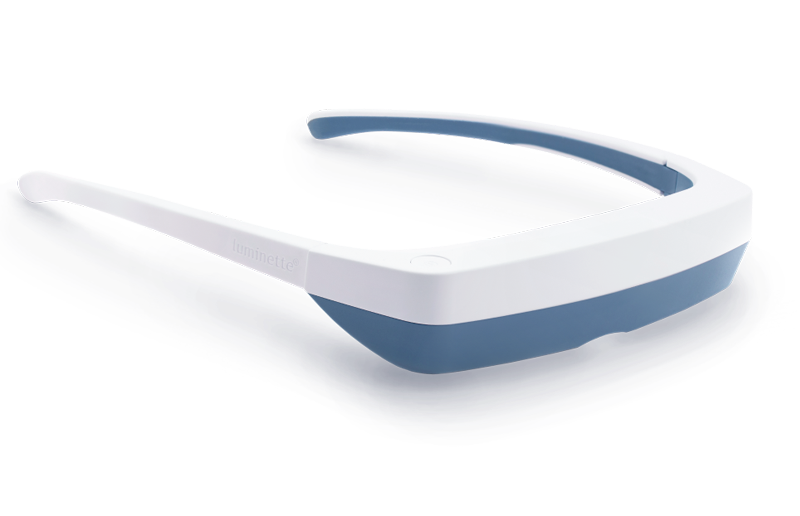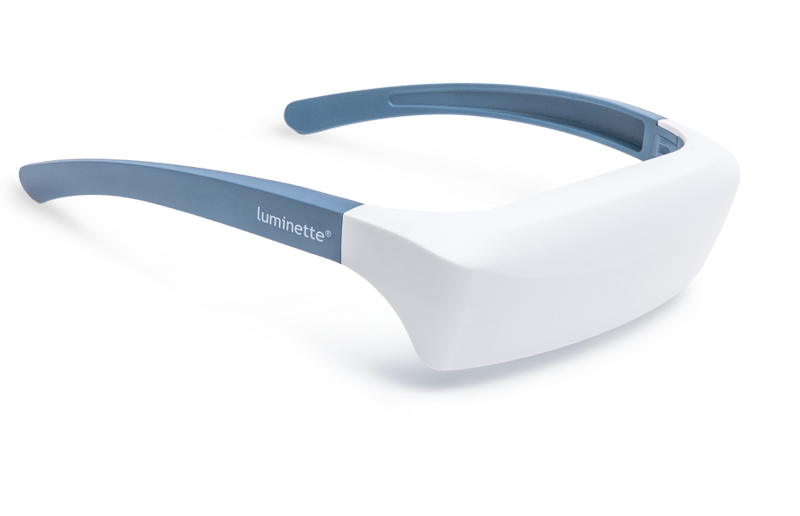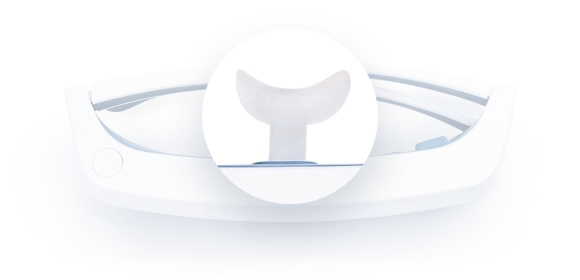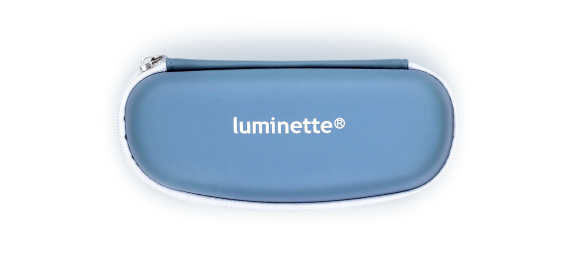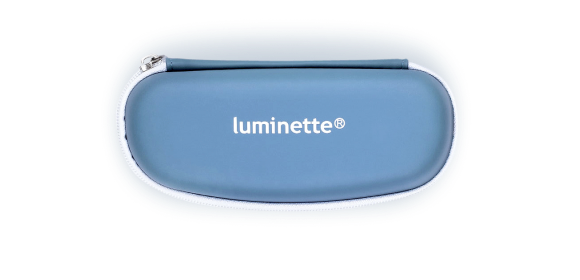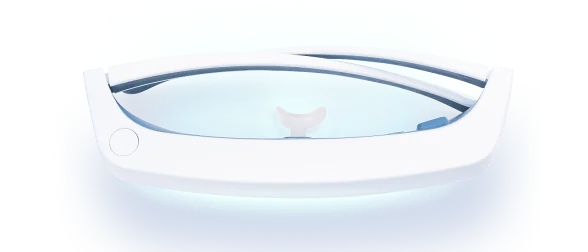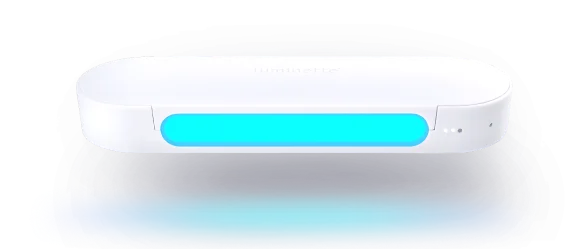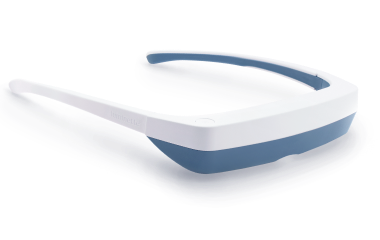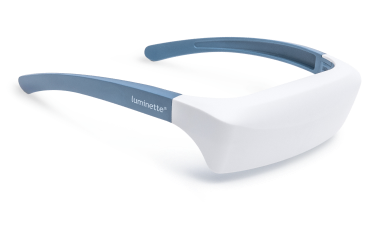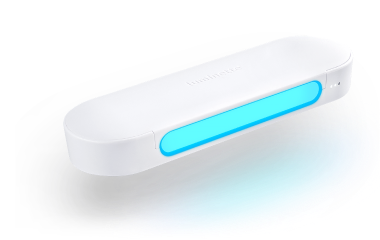The ultimate goal of every individual is to achieve health, happiness, and satisfaction in life. However, in reality, many people struggle with the problem of sleep deprivation, which can disrupt our emotional and physical resilience and affect our ability to function in daily life. Lack of sleep can lead to various health problems, such as body aches, memory problems, mood changes, and even the development of serious illnesses. In this article, we will explore the causes, symptoms, and solutions of sleep deprivation to help you achieve a healthier and more fulfilling lifestyle.
What Is Sleep Deprivation?
Sleep deprivation is a condition that arises when the body and mind are consistently denied the restorative rest they need to function optimally. It occurs not only from reduced total sleep time but also from poor sleep quality or interrupted sleep cycles that prevent you from reaching the deeper stages of rest. While occasional nights of short sleep may seem harmless, repeated or prolonged lack of adequate sleep has significant consequences on nearly every system in the body—including the brain, heart, metabolism, and immune system.
Unlike a single night of tossing and turning, true sleep deprivation builds up over time, creating what scientists call “sleep debt.” This debt affects your cognitive abilities, emotional stability, and physical health. You may find it harder to concentrate, more difficult to regulate your mood, and experience a persistent feeling of fatigue, even if you're spending what seems like enough time in bed. In today’s always-on world—with screen exposure, stress, and irregular schedules—sleep deprivation has become an increasingly common yet underestimated threat to long-term wellness
Definition and how it differs from occasional sleep loss
Occasional sleep loss—like staying up late once or twice a week—may cause temporary tiredness, but your body typically recovers quickly. Sleep deprivation, on the other hand, refers to a sustained lack of restorative sleep over several days or weeks, which disrupts biological processes such as memory consolidation, hormonal balance, immune function, and emotional regulation.
Acute vs. chronic sleep deprivation
Acute sleep deprivation happens over a short period, such as one or two nights of insufficient sleep, and is usually caused by temporary stress, work demands, or travel.
Chronic sleep deprivation, however, is long-term and often results from poor sleep hygiene, underlying health conditions, shift work, or lifestyle choices. Its effects are more severe, increasing the risk of high blood pressure and impaired cognitive function.

Causes of sleep deprivation:
Physical causes: Illnesses, pain, and discomfort can interfere with falling asleep and cause individuals to wake up frequently during the night. Chronic pain, respiratory issues, and other health conditions can make it difficult for individuals to get a good night's sleep.
Environmental factors: Loud noises, uncomfortable temperatures, or uncomfortable bedding can all contribute to sleep deprivation. A noisy environment or a bedroom that is too hot or too cold can disrupt sleep patterns and prevent individuals from getting the rest they need.
Lifestyle choices: Certain lifestyle choices can also contribute to sleep deprivation. For example, irregular sleep schedules, caffeine and alcohol consumption, and the use of electronic devices before bedtime can all interfere with sleep. Additionally, shift work or frequent travel can disrupt the body's natural sleep-wake cycle and make it difficult to get a good night's rest.
By addressing these underlying causes of sleep deprivation, individuals can take steps to improve their sleep quality and overall health.
Physical and Mental Effects of Chronic Sleep Loss
Sleep is not just a passive break from wakefulness—it’s a time when the body and brain perform essential recovery functions. When sleep is regularly disrupted or shortened, those processes begin to break down, leading to wide-ranging mental and physical consequences. Chronic sleep deprivation impacts everything from your emotional balance and productivity to your immune system, metabolism, and long-term disease risk.
Impact on Mood, Focus, and Memory
One of the earliest and most noticeable effects of chronic sleep loss is on emotional regulation and cognitive clarity. A sleep-deprived brain is more reactive, less resilient to stress, and prone to irritability. Focus becomes harder to sustain, reaction times slow down, and memory consolidation—which happens largely during REM sleep—is impaired. Over time, this mental fog and emotional volatility can reduce your ability to work effectively, socialize, and make clear decisions.
How Lack of Sleep Weakens Immunity and Metabolism
Chronic sleep deprivation interferes with the body’s ability to maintain a strong immune response, making you more susceptible to infections, slower to heal, and more vulnerable during flu seasons or stress. At the same time, hormones like insulin, leptin, and ghrelin become dysregulated, increasing hunger, reducing satiety, and slowing metabolic efficiency. These shifts contribute to weight gain, inflammation, and a higher risk of type 2 diabetes—even if other lifestyle habits remain the same.
Symptoms of sleep deprivation:
Sleep deprivation can lead to a wide range of symptoms, which can vary in severity depending on the extent and duration of the sleep loss. Here are some common symptoms of sleep deprivation:
Fatigue and daytime sleepiness: One of the most common symptoms of sleep deprivation is feeling tired and sleepy during the day, even after a full night's sleep.
Difficulty concentrating: Sleep deprivation can make it harder to focus and concentrate, affecting productivity and overall cognitive function.
Mood changes: Lack of sleep can cause irritability, mood swings, and a general sense of being "on edge."
Memory problems: Sleep plays a crucial role in memory consolidation, and sleep deprivation can lead to difficulties in remembering information.
Reduced immunity: Sleep is important for maintaining a healthy immune system, and sleep deprivation can weaken the body's defenses against illness and infection.
Weight gain: Sleep deprivation can disrupt the body's hormonal balance, leading to an increase in appetite and a greater likelihood of weight gain.
Increased risk of accidents: Daytime sleepiness and fatigue can increase the risk of accidents while driving or operating heavy machinery.
It's important to note that the symptoms of sleep deprivation can vary widely from person to person, and some people may not experience any symptoms at all. However, chronic sleep deprivation can have serious consequences for overall health and well-being, so it's important to address any ongoing sleep problems.
Light Therapy as a Natural Sleep Regulator
Our bodies are biologically programmed to align with the natural rhythm of the sun—waking with daylight and preparing for rest as darkness falls. This internal 24-hour clock governs when we feel alert and when we feel sleepy, largely based on exposure to light. Morning sunlight triggers the release of cortisol to help us wake up, while decreasing light in the evening allows the hormone melatonin to rise, preparing the body for restful sleep.
However, in today’s modern world, many of us spend most of our time indoors—under artificial lighting, in front of screens, or in environments that don’t reflect natural light cycles. As a result, our brains receive mixed signals, which can delay melatonin production, confuse sleep-wake timing, and contribute to chronic fatigue, sleep deprivation, and mood disturbances.
Light therapy offers a safe, science-backed way to realign the body’s internal clock by simulating the natural intensity and spectrum of daylight. By exposing your eyes to blue-enriched white light at the right time of day—typically in the morning—you can help reset your body's clock, improve your ability to fall asleep at night, and feel more energized and mentally sharp during the day.
Whether you're dealing with seasonal changes, shift work, jet lag, or general insomnia, light therapy is a safe method to support healthier sleep cycles and greater overall well-being.
Why Light Exposure Matters for Sleep Quality
The body's internal clock is heavily influenced by light—particularly blue-enriched light in the morning. This light tells the brain it's time to be alert by suppressing melatonin and increasing cortisol, helping you wake up and stay energized. Conversely, when we don’t get enough natural light during the day (or are exposed to artificial light at night), our rhythm can drift, leading to difficulty falling asleep, waking too early, or not reaching deep and REM sleep. Morning light exposure is especially critical—it helps synchronize your internal sleep-wake cycle, leading to more consistent and restorative rest.
Luminette Products for Better Sleep Support
When your internal clock falls out of sync—whether from stress, artificial lighting, travel, or inconsistent routines—even a full night in bed can feel unrefreshing. That’s where light therapy becomes not just helpful, but essential. With Luminette's innovative tools, you can naturally support your body's clock and promote deeper, more consistent sleep—starting from the moment you wake up.
Luminette 3 Light Therapy Glasses—Designed for Daily Rhythm Support
The Luminette 3 light therapy glasses are a convenient, wearable solution for people who want to restore and maintain a healthy sleep-wake cycle—without disrupting their morning routine. By delivering targeted blue-enriched white light just above your field of vision, these glasses mimic the benefits of morning sunlight, helping you suppress melatonin and feel more awake during the day. With just 20–30 minutes of use each morning, Luminette 3 helps regulate your internal clock, making it easier to fall asleep at night, wake up refreshed, and avoid the drag of sleep deprivation over time.
Drive 2-in-1 Light Therapy Lamp—A Desk-Friendly Energy and Sleep Aid
For those who prefer a non-wearable option, the Drive 2-in-1 light therapy lamp offers both functional design and clinical-grade brightness. Perfect for placing on a desk or nightstand, this lamp can be used while reading, working, or relaxing—helping to provide the daylight cues your body needs to stay alert in the morning and naturally sleepy in the evening. It’s a versatile choice for students, remote workers, or anyone whose lifestyle limits their natural sunlight exposure. With consistent use, the Drive lamp can support improved sleep quality, sharper focus, and more balanced energy throughout the day.
Treatment of sleep deprivation:
Fortunately, there are many effective treatments available for sleep deprivation. The best approach will depend on the underlying causes of the sleep problem, as well as any specific needs or preferences of the individual. Here are some common strategies for treating sleep deprivation:
Address underlying health conditions: If an underlying medical condition is causing the sleep problem, it's important to address that condition first. For example, treating chronic pain or respiratory issues can help improve sleep quality.
Make lifestyle changes: Simple lifestyle changes can often make a big difference in improving sleep quality. This may include establishing a regular sleep schedule, limiting caffeine and alcohol consumption, and avoiding electronic devices before bedtime.
Practice relaxation techniques: Relaxation techniques such as meditation, deep breathing, or yoga can help reduce stress and promote relaxation before bedtime.
Consider therapy: Cognitive-behavioral therapy (CBT) can be an effective treatment for insomnia and other sleep disorders. CBT focuses on changing negative thought patterns and behaviors that may be interfering with sleep.
Medications: In some cases, medication may be necessary to treat sleep problems. Prescription sleep aids can be effective for short-term use but should only be used under the guidance of a healthcare provider.
Conclusion – Reclaiming Rest Starts with Light
If you're struggling with sleep deprivation, you're not alone—modern life often works against the body's natural rhythm. Irregular schedules, stress, screen exposure, and lack of sunlight can all disrupt your sleep cycle, leaving you feeling drained, unfocused, and emotionally off balance.
But the good news is: your body is designed to reset. By supporting your body's clock with consistent routines, mindful habits, and, most importantly, proper light exposure, you can regain control of your sleep and energy levels—naturally.
That’s where Luminette light therapy comes in. Whether you choose the Luminette 3 glasses for hands-free morning use or the Drive 2-in-1 therapy lamp for a desk-friendly solution, both tools deliver the light your brain needs to wake up, regulate melatonin, and prepare for deep, restorative sleep each night.
FAQ
Can sleep debt be recovered?
Yes—you can recover from short-term sleep debt by getting a few nights of extended, high-quality sleep. However, chronic sleep deprivation may take longer to reverse and can’t always be fully “paid back.”
How quickly does lack of sleep affect health?
Even one night of poor sleep can impair mood, memory, and focus; after several nights, your immune system, metabolism, and emotional balance begin to decline significantly.
Can light therapy help if I can't sleep at night?
Yes—using light therapy in the morning helps regulate your circadian rhythm, making it easier to fall asleep naturally at night and wake up feeling refreshed.
Is it bad to sleep less during the week and catch up on weekends?
Sleeping in on weekends may help temporarily, but irregular schedules disrupt your biological clock and make it harder to maintain deep, consistent sleep during the week.
What’s the best time to use Luminette for sleep support?
Use Luminette in the early morning, ideally within the first hour after waking, to reset your body clock and support natural melatonin production in the evening.
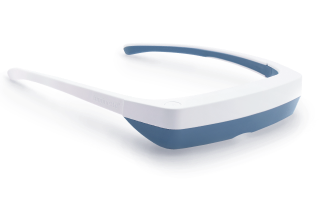
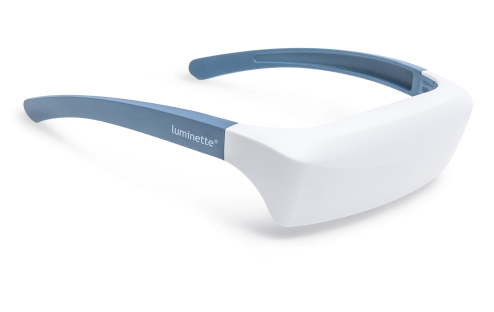
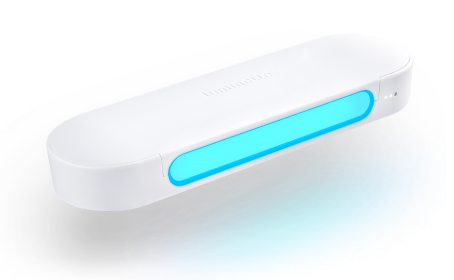
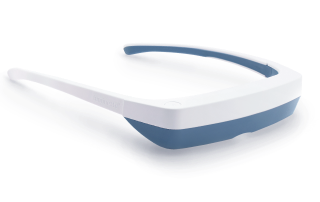
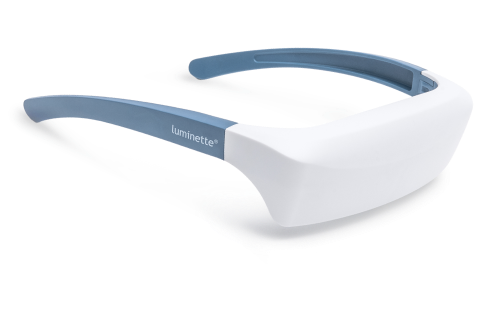
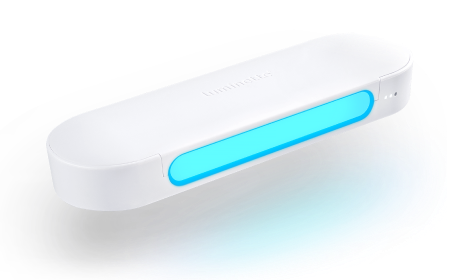
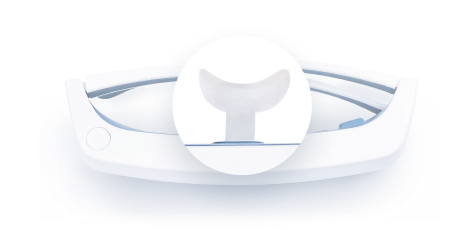
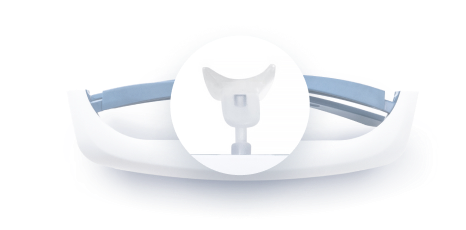
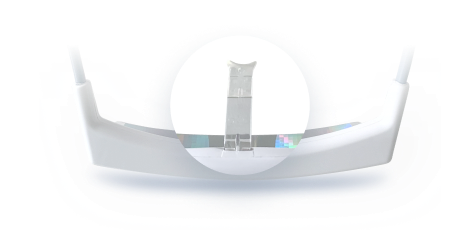
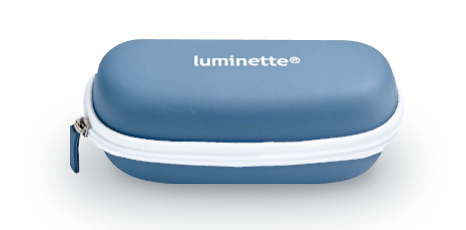
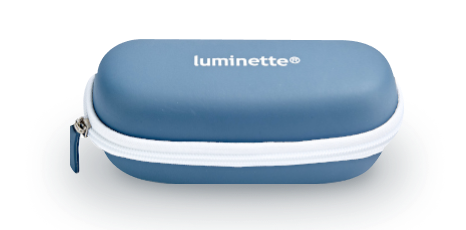





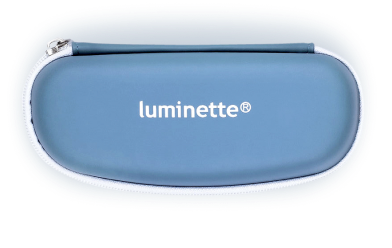
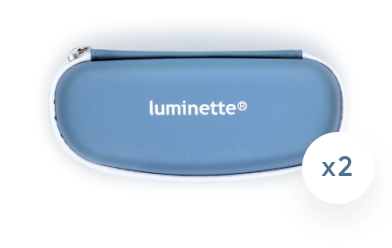
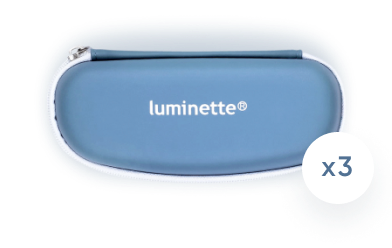
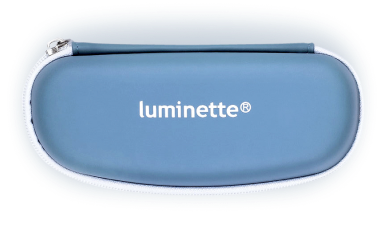
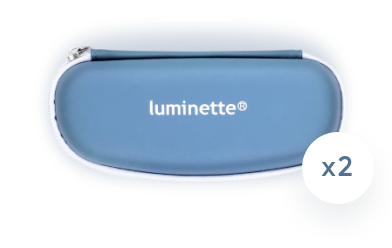
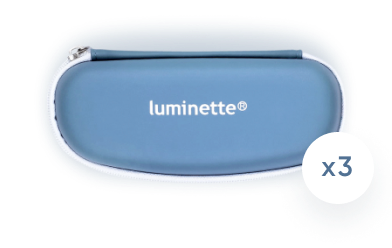
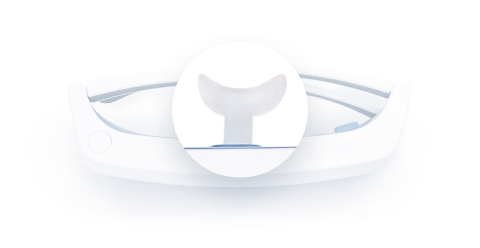
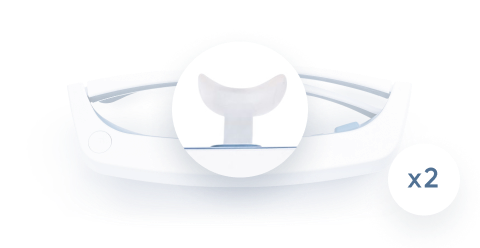
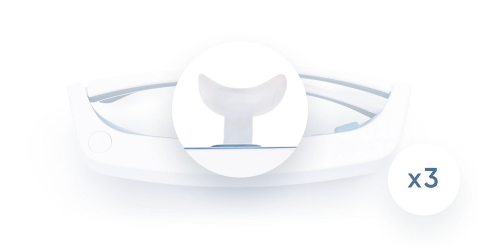
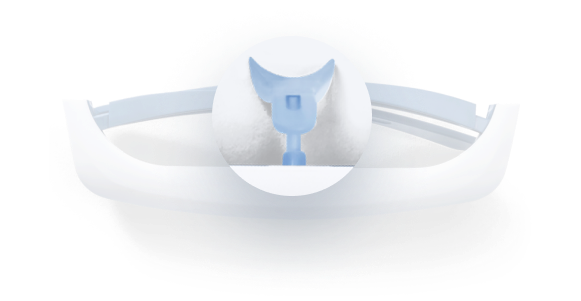
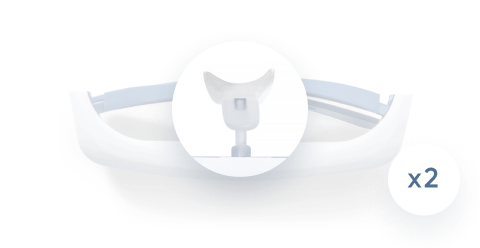
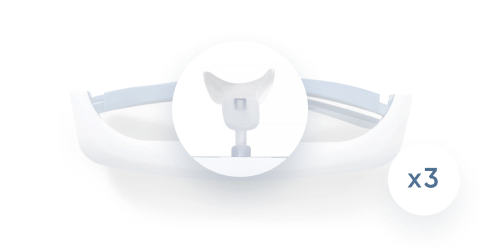
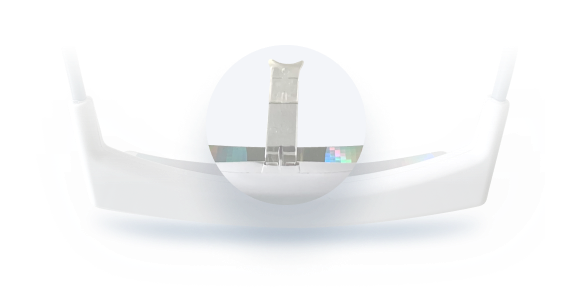


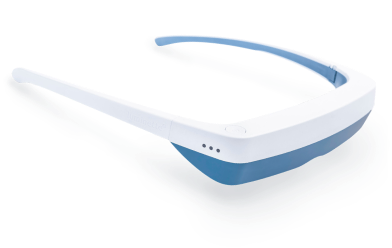
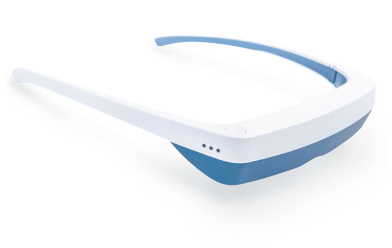





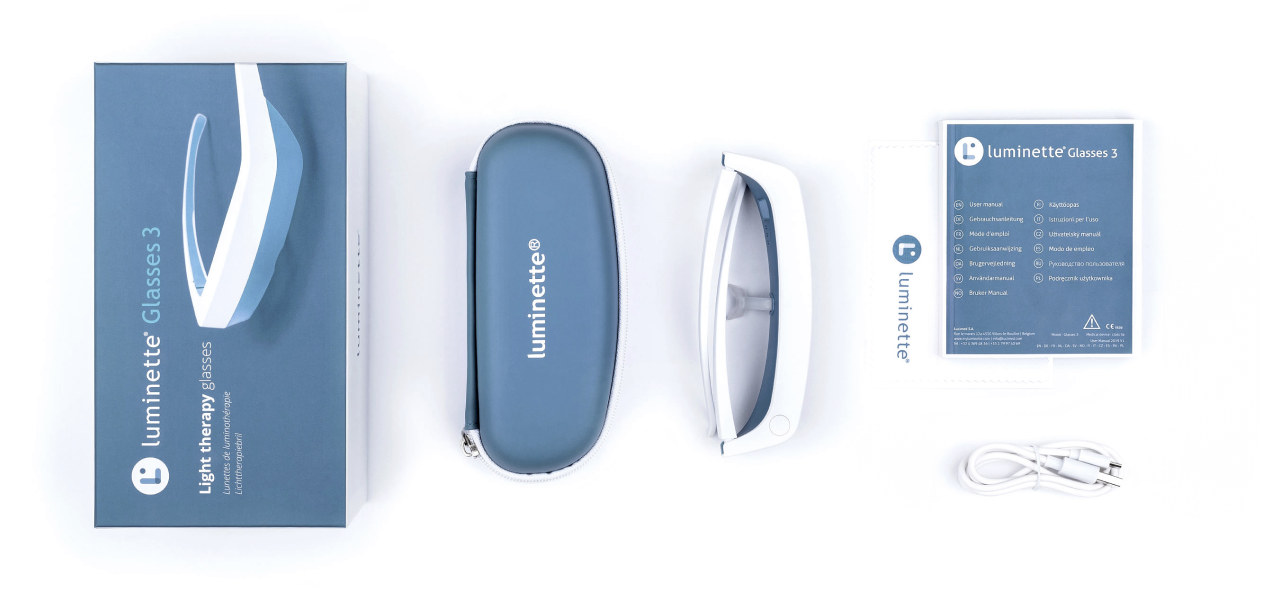
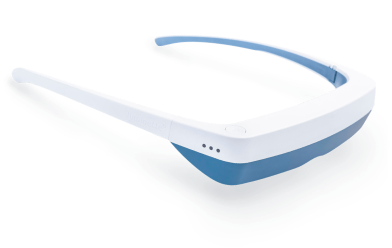
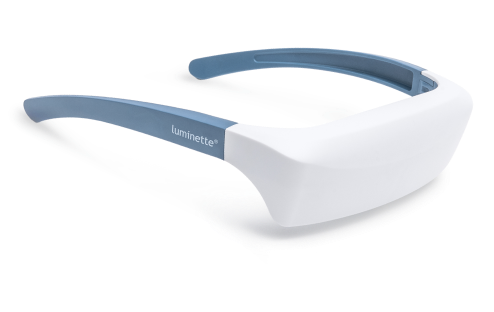
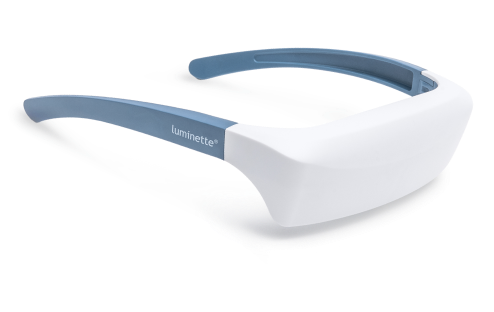
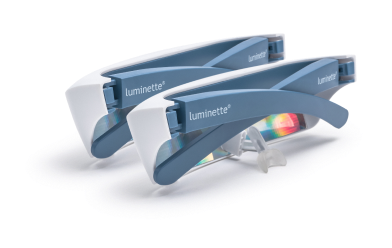

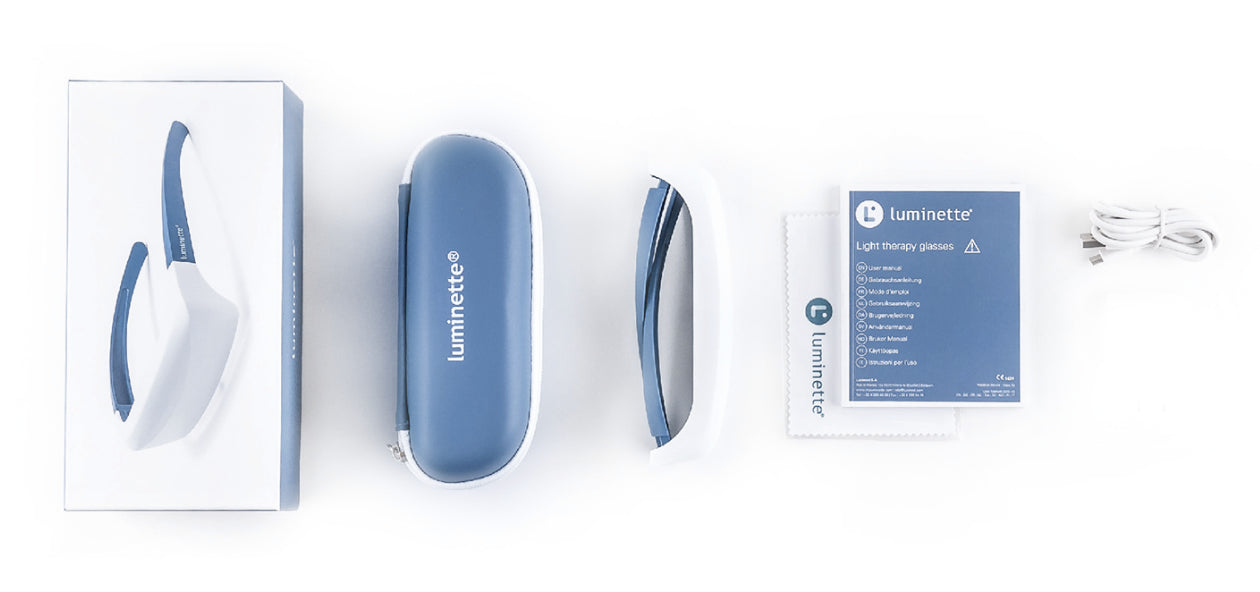
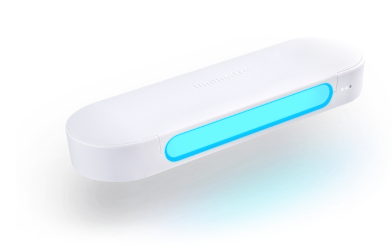
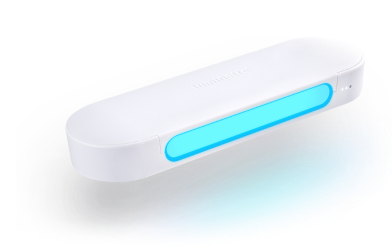
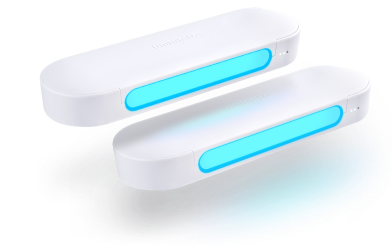
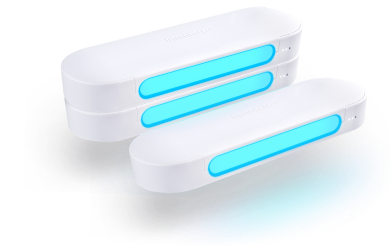
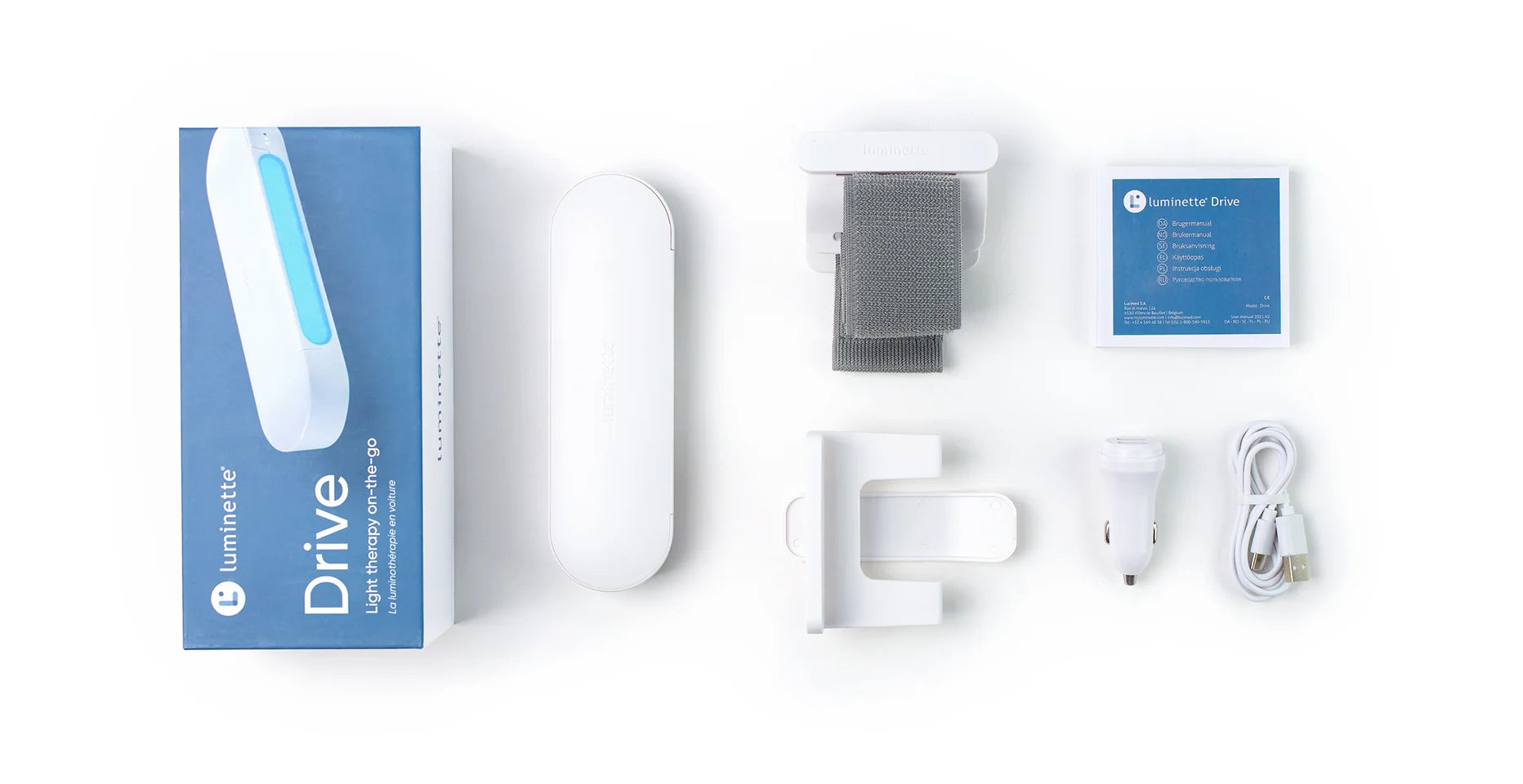

 Please note
Please note



